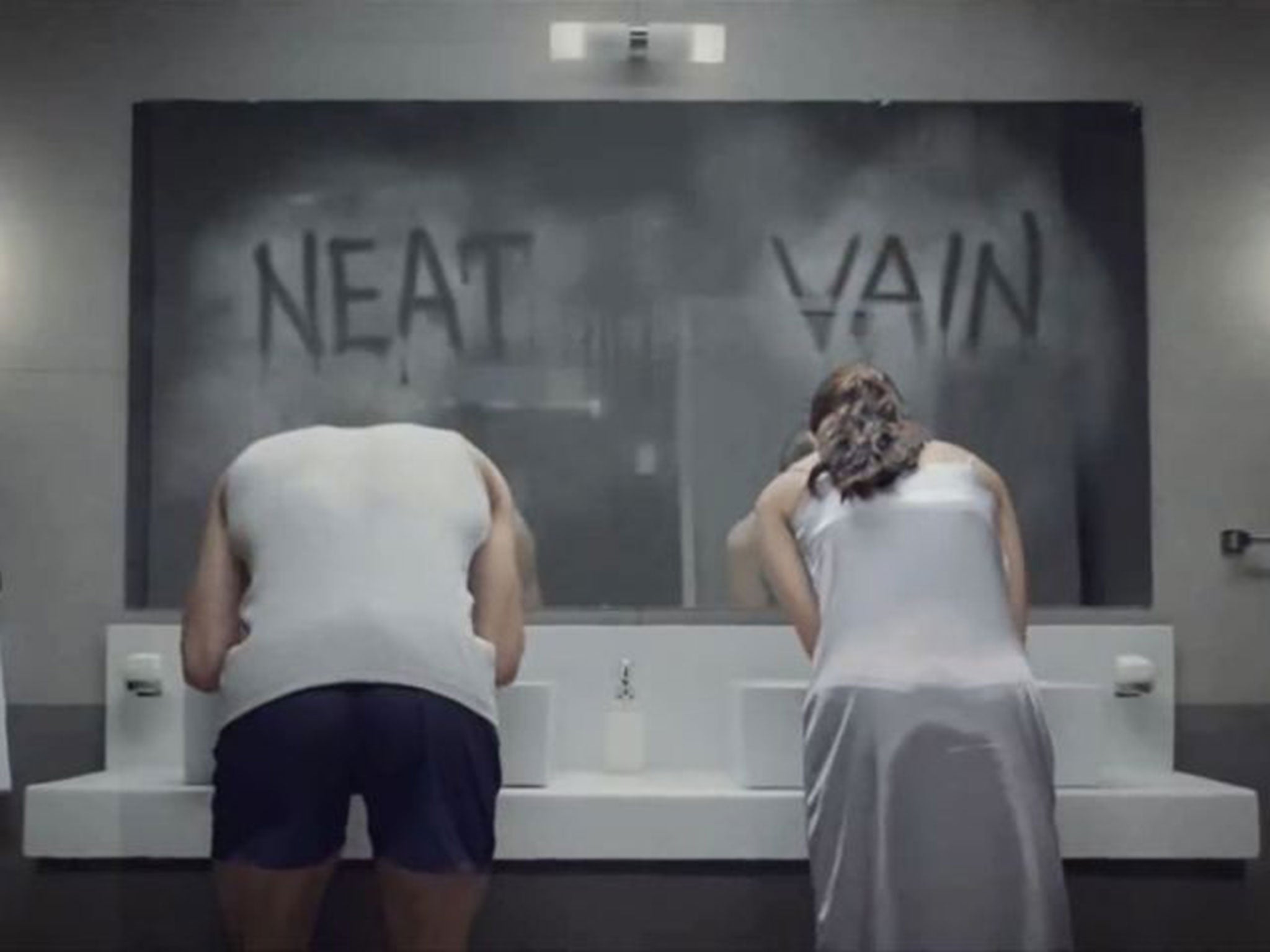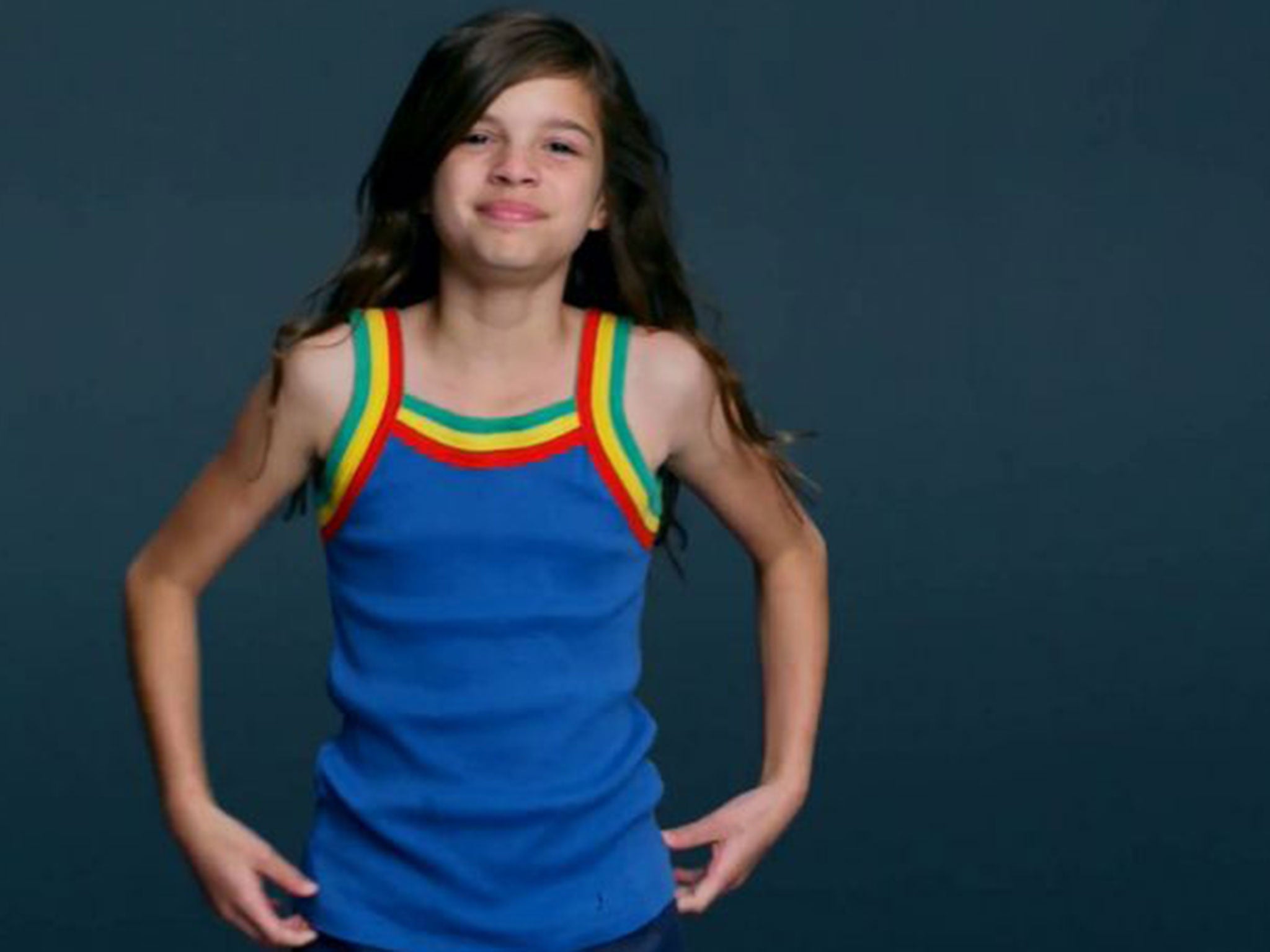Adverts for women: The gender agenda
A new marketing campaign by Always is the latest to stress the importance of a woman's appearance. Natalie Haynes looks at whether this is a positive strategy – or exploitative

Your support helps us to tell the story
From reproductive rights to climate change to Big Tech, The Independent is on the ground when the story is developing. Whether it's investigating the financials of Elon Musk's pro-Trump PAC or producing our latest documentary, 'The A Word', which shines a light on the American women fighting for reproductive rights, we know how important it is to parse out the facts from the messaging.
At such a critical moment in US history, we need reporters on the ground. Your donation allows us to keep sending journalists to speak to both sides of the story.
The Independent is trusted by Americans across the entire political spectrum. And unlike many other quality news outlets, we choose not to lock Americans out of our reporting and analysis with paywalls. We believe quality journalism should be available to everyone, paid for by those who can afford it.
Your support makes all the difference.Do you feel empowered when you wake up each morning? It's a question that advertisers seem to want us to answer with a resounding yes, while Julie Andrews sings "The Hills Are Alive" on our internal soundtrack. Or external one; they're only neighbours and you can always apologise later.
Products marketed at women have been playing the empowerment card for some years now. We've had Jennifer Aniston telling us we're worth it; "real women" in bras and pants, telling us that women of different sizes and ethnicities are beautiful; and an advert for M&S which (unless I have dreamt this) featured a naked woman running up a hill, bellowing, "I'm normal", in flagrant disregard of normal hill-walking conventions.
Now, Always has entered the fray, with a campaign to reclaim the phrase "like a girl". The video – which went viral over the weekend – shows people asked to run, throw and fight like a girl. They perform each action in a hopeless, flouncy way. Perhaps the most dispiriting moment comes when a boy is asked if – by behaving as though "like a girl" means "incompetent" – he's just insulted his sister. "No. Well, yeah. Insulted girls, but not my sister."
When the advertiser asks little girls to run, throw and fight like a girl, they go all out: running like hell and punching like they've got a grudge to settle. Emotive music plays beneath the shots of these girls who haven't yet learned that doing things "like a girl" means doing them ineptly. We must reclaim the phrase, to mean "amazing things", suggests the advert, inspirationally, yet ungrammatically.
And, of course, it has a point. Gendered criticism is tiresome, whichever gender you're denigrating. The comedian Robin Ince recently reminded me that manliness is just as ludicrous a concept as girliness: "The other day, someone told me to 'man up', so I painted a flag on my face and started crying when someone kicked a thing wrongly."
Always is joining the likes of Pantene, whose recent video reminded us that the same behaviour is considered persuasive and dedicated in men, but pushy and selfish in women. Shine strong, it urges us (don't ask how. Something to do with shampoo).
And both companies are following an empowering path set by Dove. Last year, it ran a similarly empowering campaign, in which the skincare company asked women to describe themselves to a police sketch artist. Then he draws the women again, as described by a stranger.

Unsurprisingly, the women are far more critical of their own appearances than other people are. They dwell on their flaws and ignore their finest features. Strangers don't notice the dark circles, thin lips and moles. "I should be more grateful of my natural beauty," one says, looking at her two differing portraits. "It impacts everything. It couldn't be more critical to your happiness."
But surely this is simply a new version of the same old message, that looks are everything. Plenty of things are more critical than gratitude for one's natural beauty: health, love, fulfilment. I, too, see dark circles under my eyes when I look in the mirror. I've had them since I was a child. I also know – thanks to the encroaching years that will soon add crow's feet to my panda eyes – that other people notice them far less than I do. I don't need the kinder eyes of a stranger to tell me that they aren't as bad as I think. I just need not to waste time thinking about things I don't like and can't change, when I could instead be doing something fun, or interesting, or both.
Oddly, I used to worry about them a lot more when I read magazines that advertised under-eye concealer. And this is why I am loath to take lessons in self-worth from advertisers, whose whole existence is dependent on making their potential customers feel incomplete. They need us to have just enough self-worth to think that we should treat ourselves but not so much that we might think we don't need to try harder to look better. So please, take it from me, who has no vested interest in your appearance: you all look lovely. Now go and do something that makes you happy.
Join our commenting forum
Join thought-provoking conversations, follow other Independent readers and see their replies
Comments